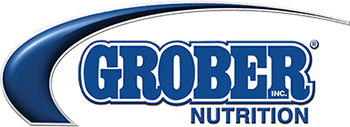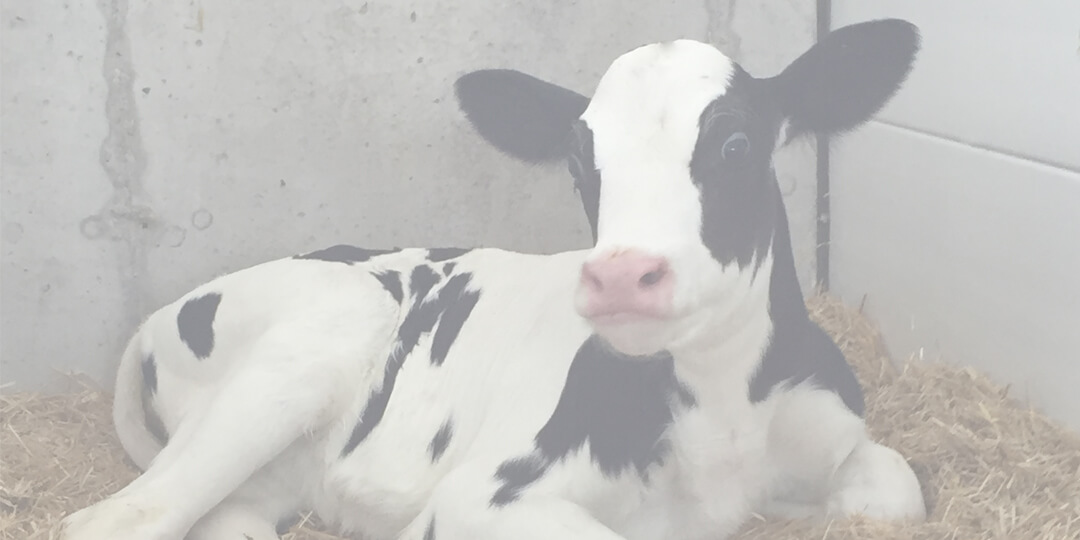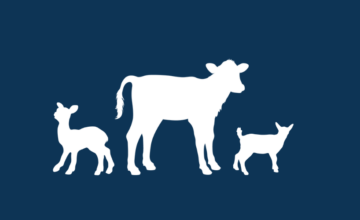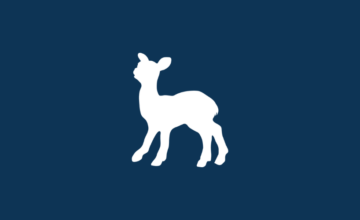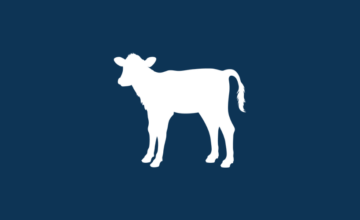Improved Performance Through Weaning
- Aug 12, 2016
- By Grober Nutrition
- In Canada, USA
Weaning can be a stressful event for calves. Taking the time to wean gradually can help reduce that stress and give the calf time to adjust their eating patterns to include more starter. It is important to establish the right time to wean ensuring (a) the calf has received enough milk for optimal growth and (b) is consuming enough starter to wean gently and not lose body condition after weaning. The Grober Young Animal Development Center (GYADC) compared weaning over 5 days and 10 days in individual or paired housing (fed by pail) and in group housing (fed by automatic feeder). All animals received Grober Excel (26/18) milk replacer; they were fed 150 g/L and up to 9L/day.
Individual/pairs
Calves housed in individual or paired pens were weaned by removing 1 milk meal/day at the start of weaning and then removing the remaining milk meal at weaning. There was not a significant difference in bodyweight gains for these animals, though there was a pattern toward improved gains for calves weaned over 5 days (Table 1). Health events were higher at weaning and post weaning for calves weaned over 10 days, a possible indication of stress. Pairing animals made a difference in starter intake. Starter intake was higher by weaning time; paired calves consumed on average 1.35 kg/day and individual animals consumed 0.884 kg/d. Academic research has evaluated the concept of grouping in pairs at weaning (De Paula Vierira, 2010). There was a positive relationship between pairing at weaning and grain intake, however it is important to note that pairing right from the start presented significant challenges to their health for the first two weeks. Weaning over a shorter period (5 days) proved more successful for individual and paired animals
Groups
Calves housed in groups (4 groups of 9 calves) were fed by an automatic milk feeder (one nipple per group); weaning through a feeder is a gradual process because the computer calculates an equal reduction in milk each day until weaning. Two groups were weaned over 5 days and 2 groups over 10 days. There were no significant bodyweight differences between weaning times; there was a pattern toward improved gains for calves weaned over 10 days (Table 2). Calves weaned over 5 days experienced increased health events at weaning and post-weaning. Grain intake was very different between the two weaning times, such that calves weaned over 10 days consumed more starter. Weaning over a longer period (10 days) was a better choice for group animals.
| 5 days | 10 days | ||
| 1st week of weaning | Bodyweight (kg) | 82.1 | 82.1 |
| Grain intake (kg/day) | 0.126 | 0.326 | |
| 2nd week of weaning | Bodyweight (kg) | 86.6 | 86.8 |
| Grain intake (kg/day) | 0.374 | 1.16 | |
| 1 week after weaning | Bodyweight (kg) | 91.8 | 96.2 |
| Grain intake (kg/day) | 1.90 | 2.65 | |
| 5 days | 10 days | ||
| 1st week of weaning | Bodyweight (kg) | 87.7 | 85.1 |
| Grain intake (kg/day) | 0.359 | 0.286 | |
| 2nd week of weaning | Bodyweight (kg) | 95.0 | 93.0 |
| Grain intake (kg/day) | 0.989 | 1.25 | |
| 1 week after weaning | Bodyweight (kg) | 98.3 | 97.2 |
| Grain intake (kg/day) | 3.14 | 2.77 | |
|
|||
|
|||
Steps to a successful weaning of calves:
- Give them time to adjust – weaning gradually allows calves to seek grain and water and maintain their bodyweights.
- Adjust time to wean for housing – longer period for automatic milk feeding, shorter period for pail feeding.
- Consistency – a change in feed is stressful, keeping as many other factors as consistent as possible will help reduce the stress.
Grober Nutrition
Recent Posts
Tags
Archives
- October 2024
- July 2024
- May 2024
- April 2024
- January 2024
- December 2023
- October 2023
- September 2023
- August 2023
- June 2023
- December 2022
- November 2022
- October 2022
- August 2022
- July 2022
- June 2022
- May 2022
- April 2022
- March 2022
- February 2022
- January 2022
- August 2021
- February 2021
- September 2020
- June 2020
- April 2020
- May 2017
- April 2017
- October 2016
- September 2016
- August 2016
- March 2016
- March 2015
- January 2015
- December 2014
- December 2013
- September 2013
- May 2013
- January 2013
- December 2012
- November 2012
- March 2012
- March 2011
- February 2011
- November 2010
- August 2010
- December 2009
- November 2009
- March 2009

